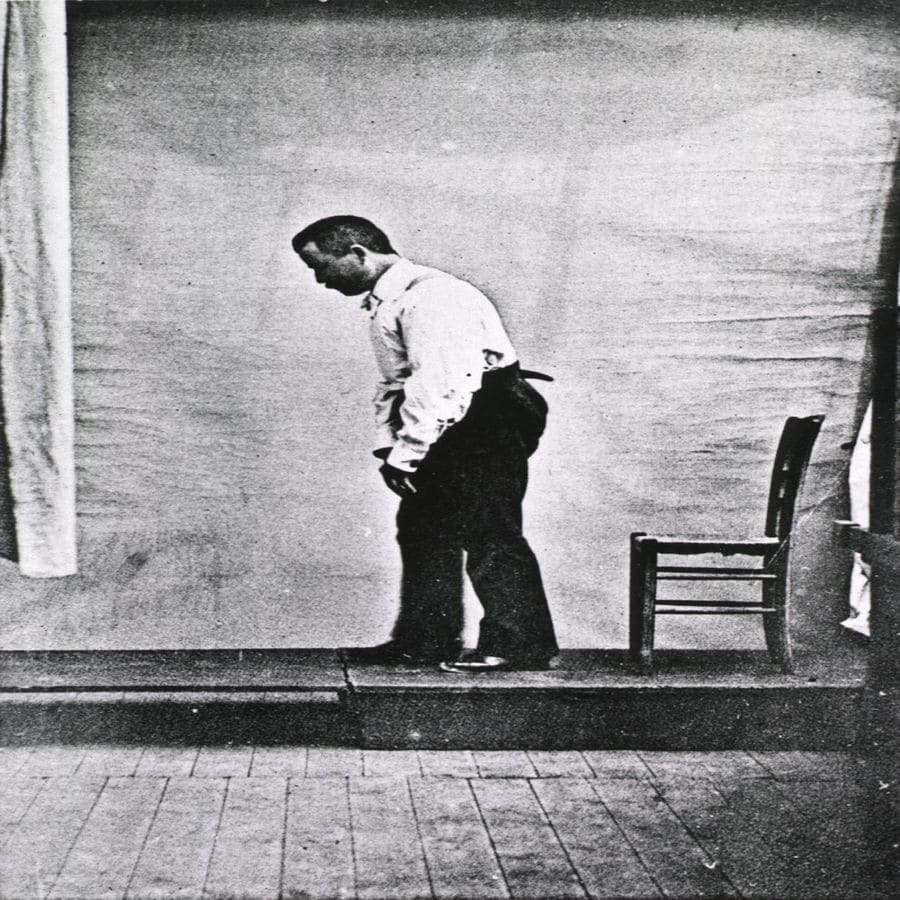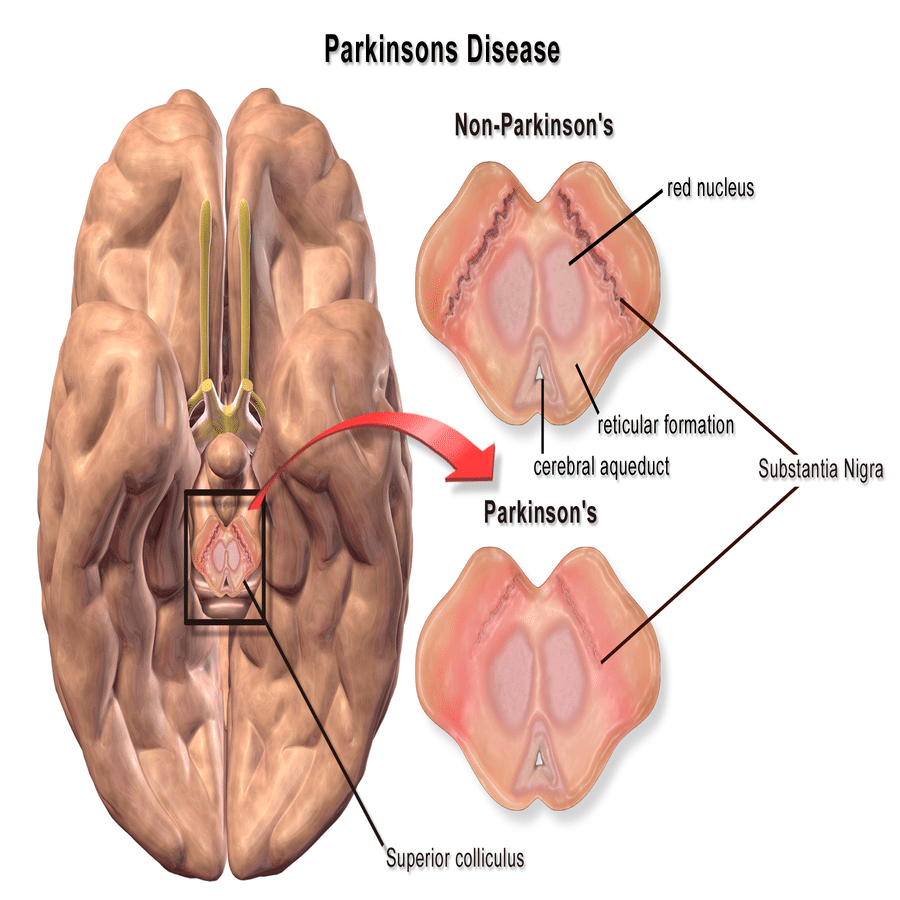Clinical Hypnotherapy Case Studies Used To Alleviate Parkinson’s Disease

Parkinson’s disease is a dynamic problem of the nervous system that affects motion. It evolves progressively, often beginning with a barely visible trembling in one hand which can ultimately spread throughout the body. While a trembling could be the most widely known sign of Parkinson’s condition, the condition additionally creates tightness or slowing down of motion. While there is limited research in the area of clinical hypnotherapy for the subject matter, there are ongoing studies being developed as the growing population continues to look for alternative methods to complement traditional medicine.
In 2013 issue of the International Journal of Clinical and Experimental Hypnosis, a 51-year-old male with Parkinson’s disease received hypnosis sessions for over three weeks to treat his debilitating symptoms. This teacher was diagnosed with the disease two years before seeking alternative treatment. Sensors were also worn on his body so that the tremors could be measured before and after the sessions. Also, prior to the hypnosis sessions, this candidate reported extreme levels of depression and his quality of life continued to dwindle. He also experienced high levels of stiffness in his limbs which resulted in additional pain.
Every session started with relaxation suggestions where the candidate was envisioning an environment where he could feel no pain. Posthypnotic suggestions were also given to improve his poor sleep patterns. Lastly, he was also instructed to play a self-hypnosis CD every night before retiring to bed.
Results after the hypnosis sessions reported over 90% improvement in the candidate’s body tremors that were also recorded with the sensors. He also reported that his depression and anxiety levels had significantly dropped and he was able to get a good night’s rest. He was very pleased with the treatment in which the researchers also concluded that hypnosis could be a beneficial adjunct for those dealing with severe symptoms of Parkinson’s.
In 2014, the Neurotherapeutics periodical examined how hypnosis can effectively be used to treat movement disorders in the body. The purpose of with their review was to supply an update of the existing state of the evidence relating to management of practical motion disorders. This research highlighted that there is some evidence to sustain making use of particular kinds of cognitive behavioral therapy and physical rehabilitation.
Comparable modifications of mind effectiveness had been recommended to take place in hypnotic states. Moene conducted a RCT in a group of 45 individuals with deteriorating body motor functions while evaluating the effectiveness of including hypnosis to a basic inpatient therapy. Patients in both treatment teams which included a control group as well as the standard in patient group that added hypnotherapy adhered to a team therapy program with the goal of boosting physical therapy. The hypnosis therapy incorporated eight regular 60 min. sessions as well as self-hypnosis with audiotape. The authors reported no considerable added result of hypnosis and concluded that the addition of hypnosis to the treatment program did not affect the end result.
However, the exact same study team conducted an additional RCT in 48 individuals with conversion problem of the motor type examining hypnotherapy versus no intervention. The hypnosis team underwent ten one-hour sessions that occurred once a week and two hypnotic methods were utilized. The same results procedures as the previous research study were used. At the end of the study, considering the Video Rating Scale for Motor Conversion Symptoms score, 90 % of cured clients improved versus 26.1 % of control group clients. Taken together, these 2 researches suggest that hypnosis-based treatment may be efficacious for patients with conversion symptoms of motor kind, but that more research is needed to have a more concrete conclusion.
In 2011, the Psychosomatics periodical explored the collaboration between psychiatry and neurology in Parkinson’s patients. Within the framework of psychogenic movement conditions, they explored the roadblocks to reliable partnership and treatment in those clients and also the existing state of the literature concerning diagnosis and therapy.
The variety of reported healing tests in psychogenic motion disorder or motor conversion demonstrated the method which medical professionals might attempt to work together with the patients’ care. Two studies of physical therapy by Ness and Speed revealed total resolution in 3 individuals and also 10 patients specifically. Bodily therapy might well be vital in clients with grievances of equilibrium or gait issues, weakness or in coordination. In a randomized controlled therapy trial of hypnosis, clients received either hypnotherapy or psychotherapy alone and also were informed that either therapy was similarly efficient. While the hypnotherapy team had a better feedback, both groups revealed substantial enhancement independent of the therapy modality.
The authors concluded that There has been a clear shift in passion and also understanding amongst specialists when it comes to patients with practical neurological signs and symptoms like Parkinson’s disease in the last few years, and that it appears likely that this will certainly bring about greater study in testing as well as creating treatments for individuals with this debilitating disease and various other useful neurological symptoms.
The 2009 issue of Aging Health explored how alternative treatments can be used to enhance a person’s mood and cognitive disorders later in life. Mood and cognitive impairment are the most frequently occurring psychiatric syndromes in older adults. Depressive symptoms occur in approximately 10–15% of patients in primary care settings. Cognitive disorders are on the rise owing to the ‘graying’ of the population around the world. Mood disturbances are commonly observed in patients with neurodegenerative disorders including probable Parkinson’s disease depression. Depression in later life is a treatable condition. Improvement with treatment occurs in mood symptoms and activities of daily living, and in the quality of life of the patients and their caregivers, but not necessarily in memory and other cognitive functions.
In a randomized research study, researchers checked out the impacts of meditation with yoga versus treatment with hypnotherapy versus psych education alone on analysis status. They also observed signs and symptom levels among forty six people with long-lasting depressive disorders as a result of Parkinson’s disease. Outcomes suggested that more meditation and yoga participants experienced a remission contrasted with controls at 9-month follow-up. Eight hypnosis team individuals likewise experienced remission, yet the improvement from controls was not statistically significant. Three control individuals established a new depressive episode throughout the research, although this difference did not reach analytical relevance. Overall, these results suggest that these two assistances of including meditation along with clinical hypnotherapy revealed ongoing evidence to include these alternative therapies when dealing with mild-to-moderate anxiety in older patients.
These research studies show very plainly that alternate treatment alternatives like clinical hypnotherapy intended at boosting both the bodily and also emotional signs and symptoms of Parkinson’s illness are preferred. This need is exemplified by the increasing number of individuals with Parkinson’s disease which report utilizing nontraditional therapy options. Expanding estimations suggest that 40 % of American Parkinson’s patients and over 70% of Parkinson’s clients worldwide seek alleviation in therapies aside from simply utilizing dopamine substitute therapy alone.



